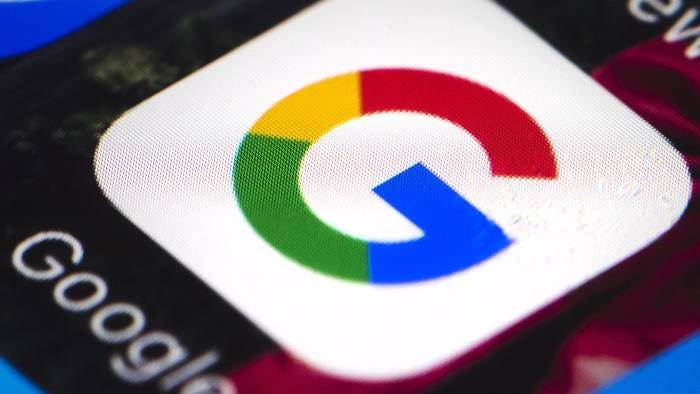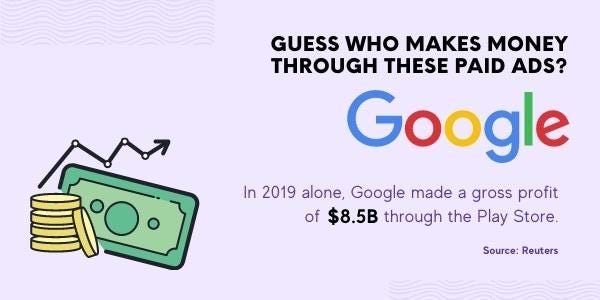Breaking down Google’s changes to PlayStore commission policies
The root of the issue – mandatory use of GBS – still remains unaddressed
In late October, Google announced that it’s lowering its app store fees for all subscription-based services to 15% from the existing 30% from January 1, 2022.
Here we break down what the change actually means for developers.
Changes to the PlayStore policies
The reduction to 15% is specifically for app makers who generate revenue through recurring subscriptions. Subscription is a type of in-app purchase. The current policy only deals with subscription.
It’s worth noting that in-app purchases can be classified as both subscription (access to content for a duration and periodical renewal is required) and non-subscription based (one-time purchase).
Instead of charging them 30% in the first year, which lowers to 15% in year two and beyond, Google says developers will only be charged 15% from day one for subscriptions.
Meanwhile, the commission charged by Google on non-subscription in-app purchases will remain unchanged. This includes purchase of consumable digital goods and non-consumable products with lifetime access. Previously, the company reduced commissions from 30% to 15% on the first $1 million of developer earnings.
This development came a year after Google’s decision to enforce a 30% commission for in-app purchases on its Play Store. This commission did not apply for those apps which enable transaction of physical goods like e-commerce, food delivery, ticket buying services, transport services, online payment (Paytm, PhonePe).
Google’s reasoning for cutting the commission rate
Sameer Samat, Google’s VP of product management explained the company’s rationale in a blogpost, stating that the reason behind this move was Google’s recognition of the importance of digital subscriptions in this age.
The post further stated that the company realises that although digital subscriptions are becoming one of the fastest growing models for developers, they face challenges when it comes to customer acquisition and retention. The reduction in fees is a means to support them.
Let’s read between the lines
When Samat wrote…
“Digital subscriptions have become one of the fastest growing models for developers but we know that subscription businesses face specific challenges in customer acquisition and retention.
Our current service fee drops from 30% to 15% after 12 months of a recurring subscription. But we’ve heard that customer churn makes it challenging for subscription businesses to benefit from that reduced rate. So, we’re simplifying things to ensure they can.”
… he admitted that by merely signing an agreement with Google for listing, developers cannot acquire a customer base. They are compelled to spend additional amounts on advertisements and promotion on the PlayStore.
In effect, developers end up paying much more than the commission rates.
Samat’s statement also negates the general defence that Google provides audience to app developers. In reality, without continuous investments from the developer, there is no audience for them on the PlayStore.
Though lowering its commissions, Google stressed that it does need to charge fees in order to continue to invest in Android, its commerce platform, the PlayStore, security, app distribution system and developer tools.
Root of the issue still remains unaddressed
The root of the issue has not been addressed as developers will be deprived of the ability to choose their preferred payment methods and will be compelled to use Google Play Billing (GPB) system.
As of now, developers have a choice to use any payment gateway which offers better service, lower commission rates and reduced payment settlement time. Google has reduced the commission on a specific subscription based in-app purchase, but other issues, such as, removing payment methods other than GPB for mandating high commission rates for non-subscription based in-app purchases (which constitutes for most of the sales) and delayed payment settlement time still remains.
The same can only be eliminated when competing payment service providers are given the opportunity to compete with GPB. Hence, the key issue of mandatory usage of GPB has not been addressed and the policy remains against the interest of the developer community.
Among the issues ADIF is working on, we are fighting Google and Apple on their app store monopolies.
Join the Alliance of Digital India to become a part of our journey to transform India’s startup ecosystem into the best in the world.




